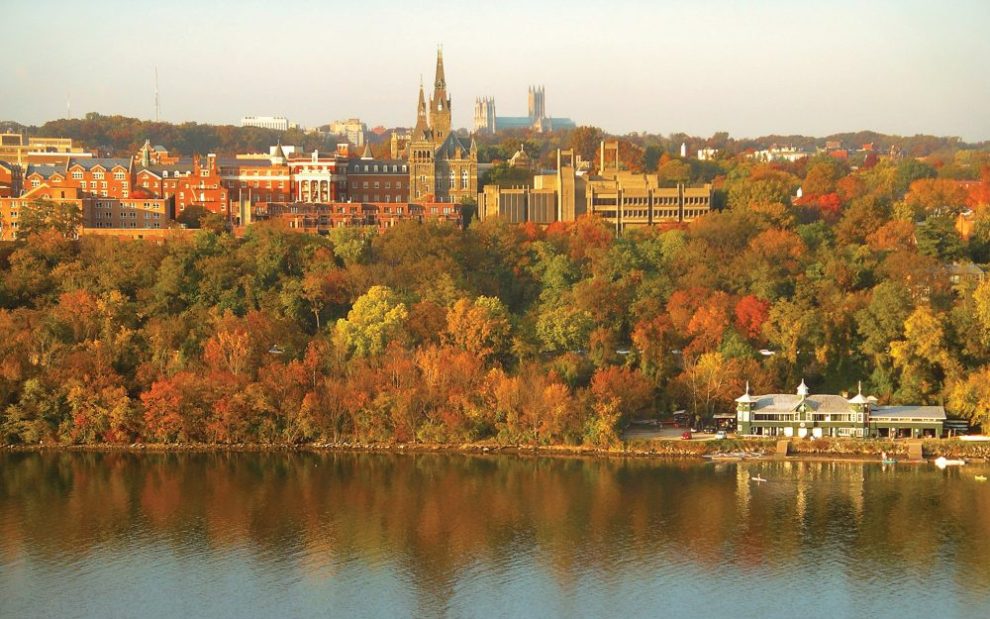In June the U.S. Supreme Court struck down what had been considered a sacrosanct civil rights achievement, ruling affirmative action programs at Harvard University and the University of North Carolina unconstitutional. It is perhaps a stinging irony that the court partly employed the precedent set in Brown v. Board of Education, the landmark decision that ordered equal educational opportunity for all, to make its case against affirmative action.
Before the decision, Georgetown University led a coalition of 56 other Catholic universities in an amicus brief arguing that affirmative action is crucial to advancing both their academic and religious missions. Achieving racial diversity in admissions, the brief asserts, is “inextricably intertwined” with Catholic institutions’ religious foundations. That argument was not enough to persuade all of the six Catholic members of the current Supreme Court to preserve affirmative action.
How colleges will proceed in the aftermath of the ruling is unclear. Many will establish alternative admissions mechanisms that may satisfy institutional goals of multiethnic and multiracial representation. Some of those new strategies may in turn find themselves challenged in U.S. courts. It remains a paradox that must in some way be resolved: Americans as a whole support diversity on college campuses as a goal yet 75 percent say that race should not be a factor in admissions decisions.
While combatants prepare for whatever the next round may be in this particular front in the U.S. culture war, maybe the rest of us can treat this ruling not as a setback but an opportunity. It was clear long before the decision that higher ed in America was in deep, deep trouble. Although it remains the surest path to long-term financial stability, many young people are no longer pursuing university degrees. The last few generations of college graduates remain so mired in debt that it affects their lives and decisions for decades.
Perhaps colleges and college-bound young people should convene not to “save” affirmative action but to author a thousand affirmative actions that will make sense for the next few generations of graduating high school seniors. They can begin by critically reevaluating the social expectation for higher education in the first place.
Increasing the number of high school graduates from the nation’s Black, Latino/a, and other non-white communities is important. Just as important is supporting those kids once they get into college and ensuring they make it to graduation. But it is worth remembering that the number of young people offered new opportunities at elite institutions because of affirmative action was never very large.
Most non-white high school graduates who do not immediately enter the workforce have attended and will attend community colleges or trade certificate programs. Trade schools and the professions that emerge from them have been seriously undervalued in recent decades in the United States, yet their graduates often can anticipate rewarding, high-earning careers without worrying about becoming mired in academic debt.
These programs seem a rich area for creative private and public investment. The nation’s economic success and its chances of achieving economic and racial justice will depend on the personal success stories these graduates are able to begin with their associate degrees or trade school certificates.
The cultural moment also offers Catholic colleges that claim to value diversity a chance for an institutional examination of conscience. While retooling admissions processes to respond to the court, Catholic institutions may want to consider how their out-of-control tuition costs play the most prominent part in thwarting the diversity they claim to value as a practical and moral call.
This article also appears in the September 2023 issue of U.S. Catholic (Vol. 88, No. 9, page 42). Click here to subscribe to the magazine.
Image: Wikimedia Commons/Patrickneil














Add comment